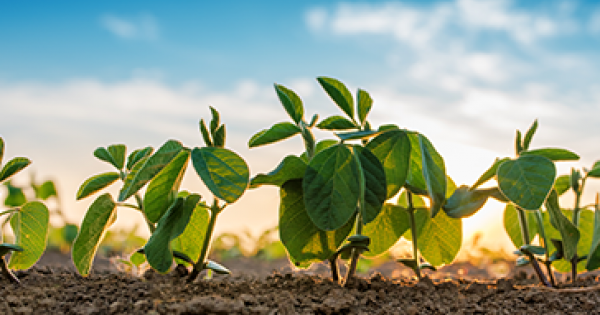Feeding the world while minimizing our impact on the planet is one of the greatest challenges of our time. Reducing food loss and waste remains critical and needs a solution.
Half of the population around the world do not have enough food. As per a report by the United Nations, one third of food produced for human consumption globally goes to waste. Food waste is an important issue that consumers and farmers need to work together to resolve. Food waste also has a serious environmental ramification as it is a major source of methane gas when dumped in landfills.
The issue is complex, but many people might not realize that farmers can not only grow more food on less land through genetically modified crops. It can also help in reducing unnecessary food waste and minimize crop loss. Therefore, GMOs can play a key role in improving food security and sustainability in our global food system.

Unfortunately, unrealistic standards of beauty are also being applied on food. Consumers expect produce to look fresh, colorful and do not accept a fruit or vegetable with a slightest bruise on it. As a result, a large amount of fresh produce goes to waste every year. The FAO estimates that nearly half of all fruit and vegetable crops go to waste due to cosmetic issues. Genetically modified crops have enabled farmers to grow large quantities of crops that are resistant to such cosmetic issues.Biotechnology allows us to grow apples that do not bruise and do not brown. There are also potatoes that reduce the amount of bruising and black spots, meaning scarcely any go to waste.
GM crops are also developed to be disease and pest resistant, drought and flood resistant which means they are climate resilient. For GM crops that are resistant to insect damage, farmers can apply fewer spray pesticides to protect the crops. GM crops that are tolerant to herbicides help farmers control weeds without damaging the crops. When farmers use these herbicide-tolerant crops they do not need to till the soil, which they normally do to get rid of weeds. This no-till planting helps to maintain soil health, lower fuel and labor use.
Farmers who grow GM eggplants are earning more and have less exposure to pesticides. Countries are also working on several staple crops, such as virus-resistant cassava, insect-resistant cow pea, and blight-resistant potato.
Food waste and loss represent a serious challenge globally, one which requires engagement from different stakeholders if we are to ensure food security while simultaneously preserving the environment. GMOs can play a significant role to help us grow food sustainably. It is also important that consumers too,play an active role in reducing waste and conserving our natural resources.
